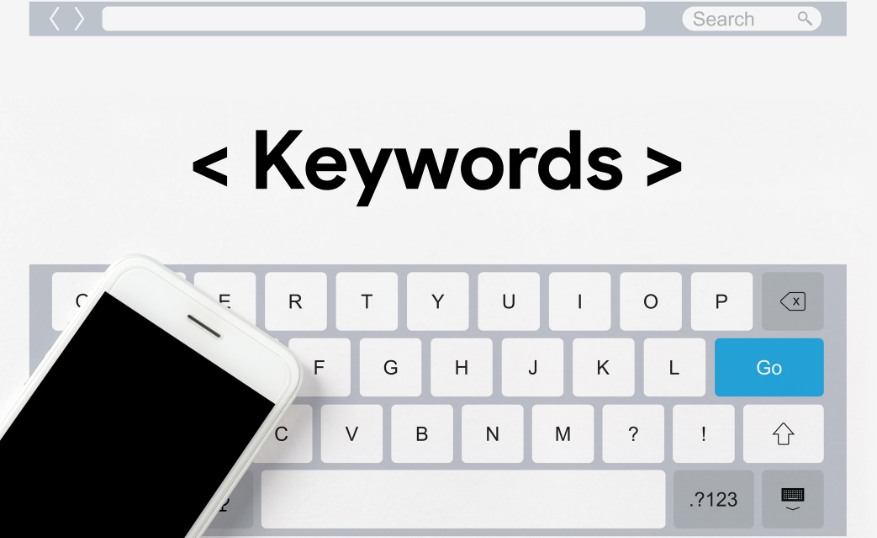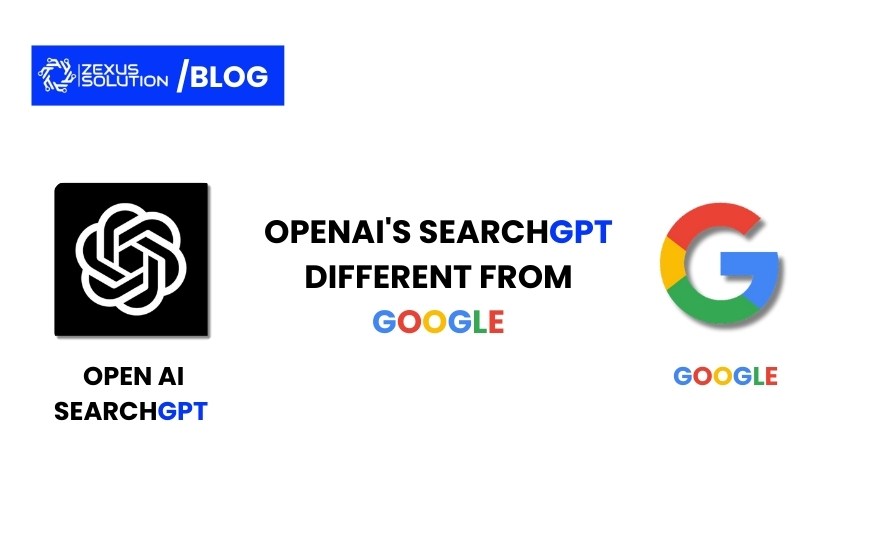Table of Contents
Imagine getting exactly what you need without digging through thousands of links. Interesting, right? Well, on July 25, 2024, OpenAI launched SearchGPT – a new search tool that delivers direct answers to your questions, instead of overwhelming you with thousands of results. It’s like having the internet’s latest and correct knowledge, at your fingertips!
OpenAI uses AI to improve the search experience by showcasing high-quality content in a conversational format. People will still see results from their go-to websites, but how they search will differ. You can also ask follow-up questions just like you do when you are talking to a person.
It means we can now ask questions like we’re having a conversation. It gives the feeling of being with a best friend by your side, ready to provide you answers – even to your silliest questions. It is indeed a big change from traditional search engines, where we had to type in exact keywords to get the information we wanted.
Nevertheless, SearchGPT is in a testing phase but one thing we can say, even before trying SearchGPT, it’s unlike Google or any other traditional search engine. So, let’s dive into the blog further and find out if SearchGPT is better than Google or what’s so unique about it!
The Evolution of Search: From Keywords to Conversations

Google: The Search Engine Powerhouse
Google was launched in 1998 and has since evolved into the single most important symbol of web search. Its user goal of “organizing the world’s information and making it readily available and useful” has led to the emergence of an array of complex algorithms that operate based on relevance, precision, and timeliness. Key features include:
- Keyword-Based Searches: Google utilizes keywords to find the closest matching pages per the user’s search, a core aspect of Search Engine Optimization.
- Advanced Algorithms: Google’s page ranking factors include current relevance, authoritative reference, and extent of user interaction.
- Enhanced Features: Partial previews, concept clouds, and voice search for users’ convenience.
However, currently, Google’s search engine is based on keyword-based searches at times which delays the search results.
SearchGPT: A New Paradigm in Search Technology
SearchGPT is truly a revolutionary search tool for how it is developed. While Google, for instance, works with particular keywords, SearchGPT deals with the natural language processing of a user’s query in a conversational tone. Here’s how:
- Natural Language Processing: Users can type their questions in the same way as one would do while in a conversation, thus making the search easier.
- AI-Powered Responses: SearchGPT is smart and can consider the context and answer questions as humans would do since it uses The GPT model of OpenAI.
- Conversational Interface: Enables further discussion and to go into a lot more detail.
This AI-based approach is intended to provide direct responses and be more open for interaction with the user, making searchGPT better than Google in terms of ease of use and conversational interaction.
Key Differences Between SearchGPT and Google

Query Input: Natural Language vs. Keywords
- Google: Produces results only if the input includes specific keywords and can give the user excessively irrelevant results if the keywords used are general.
- SearchGPT: Lets users frame their questions in natural language and determines what the user means when asking a query and answers it directly.
For instance, typing ‘best Italian restaurant in New York’ into Google will provide you with a list of corresponding links to the results, while typing the same phrase into SearchGPT will offer you a straight answer as well as recommendations for further exploration.
Results Presentation: Direct Answers vs. Link Lists
- Google: Lists web links through which users are required to navigate to gain the knowledge they want.
- SearchGPT: Direct answers to the customer inquiries within the chat format; they might provide elaborate answers along with additional options.
Users do not have to go through several links to get to the answer in contrast they get accurate results instantly making it a better search experience all in all.
User Interaction: Conversations vs. Queries
- Google: Tends to provide answers to specific questions, making users type keywords again or create new questions to get more information.
- SearchGPT: Facilitates further discussions, and users can follow up on the discussion and extend it further.
This approach to interactions is more engaging and closer to natural conversation in the process of communication.
Technology: Algorithm-Based vs. AI-Powered
- Google: Employ sophisticated mathematical calculations to order the pages depending on some factors such as relevance and authority.
- SearchGPT: Uses the GPT model that is based on the analysis of a large amount of textual data to understand the context and respond.
SearchGPT and AI models allow for more tailor-made and contextualized specific answers than traditional algorithmic means. It considers the search history of users and their preferences, making SearchGPT better than Google.
SearchGPT’s Approach and Its Implications

Impact on Content Creation and Search Engine Optimization
Businesses and digital marketing services providers would have to make adjustments following the changes and trends in the market, with an emphasis on content that would be suitable for both users and AI models. The advent of SearchGPT could significantly affect content creation and SEO:
- Content Creation: It may move from keyword optimization to creating articles that are natural and easy for AI models to read.
- SEO Strategies: Certain current Search Engine Optimization strategies such as keyword-stuffing may be made irrelevant by the search engine, while proper meanings and contexts will be valued.
Privacy and Data Usage
It will be important to strike a balance between the privacy of users and the precision and reliability of tools such as SearchGPT.
- Google: Saves and tracks users’ information to provide more relevant results, which is an issue regarding users’ privacy.
- SearchGPT: Privacy-oriented, which means it answers questions without logging the user’s activity.
The Future of Search: Google vs. SearchGPT
In the future, SearchGPT will be a revolution in search engine technologies. However, unlike Google’s typical approach to searching for keywords, SearchGPT is based on dialogues and AI, which makes searching more natural and engaging.
Such a development can greatly improve the process through which users seek information by providing better and more fun search solutions. Thus, it could change the search environment by making communication with search engines more intuitive and convenient.
Although Google still occupies a leading position in the search industry, SearchGPT offers a new approach that changes everything. Its success, however, will depend on the provision of accurate, reliable, and exciting results.
As digital marketing services and Search Engine Optimization strategies change due to such trends, users and businesses may have to learn new ways of searching and seeking information.
The transformation of SearchGPT shows a transition towards a more engaging and natural form of interaction with the content, indicating a noteworthy development in search experience and suggesting that searchGPT better than Google in terms of user engagement and interaction.



Add a Comment